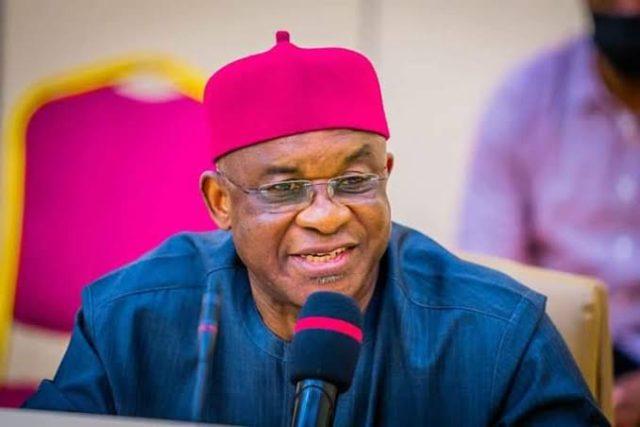By Abdul Lauya
Former Senate President, David Mark, has announced his resignation from the Peoples Democratic Party (PDP), ending decades of active membership.
Mark said the decision takes “immediate effect.”
He declared his intention to join the newly formed National Coalition of Political Opposition Movement in Nigeria.
Mark described his move as part of a broader national effort to “rescue our nation and preserve our hard-earned democracy.”
The veteran lawmaker said the decision followed wide consultations with family, friends, and political associates.
Mark emphasized his longstanding loyalty to the PDP, recalling his commitment even after its 2015 electoral defeat.
He claimed a leading role in efforts to rebuild, reconcile, and reposition the PDP following its loss of federal power.
However, he expressed deep disappointment over what he called the party’s descent into dysfunction and ridicule.
He cited persistent leadership crises, internal divisions, and irreconcilable differences as reasons for his departure.
Mark, seen by many as a stabilizing elder statesman in the PDP, said he could no longer ignore the party’s failures.
His defection adds serious weight to the new opposition coalition as it seeks to consolidate forces ahead of 2027.
The move could further fracture the PDP, potentially weakening its ability to present a united front in the next general election.
Analysts say Mark’s switch may accelerate realignment among opposition figures and heighten competition for the anti-APC vote.
The development underscores the fluidity of Nigeria’s political landscape just two years before the presidential election.
With Mark’s gravitas and extensive network, the coalition may emerge as a serious third-force contender in 2027.
His exit also raises concerns about PDP’s capacity to retain other legacy figures critical for national outreach and credibility.
As Nigeria edges closer to 2027, the balance of opposition power appears to be shifting dramatically.
For advert placement and inquiries, publication of press releases, and news coverages, please call: Phone: 08052898434 Email: editor@eyereporters.com, click here to view the advert rates.



